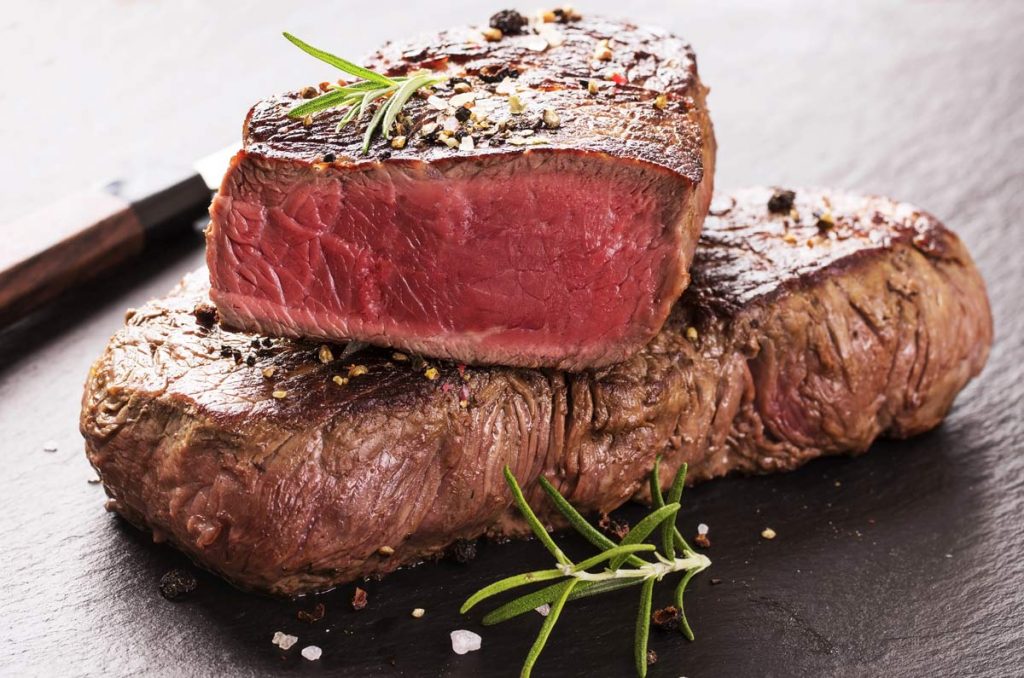Fat Loss
Fat loss is a common goal for individuals seeking to improve their health, physique, and overall well-being. With so much information available, it can be challenging to distinguish fact from fiction and develop a sustainable approach to fat loss. In this blog post, we will explore the science behind fat loss, debunk common myths, and discuss effective strategies for achieving a leaner, healthier body.
- Understanding Fat Loss
Fat loss occurs when the body burns stored fat for energy due to an energy deficit, which can be achieved through a combination of reduced calorie intake and increased physical activity. To optimize fat loss, it is essential to understand the following key concepts:
- Caloric deficit: Consuming fewer calories than your body needs to maintain its current weight creates a caloric deficit, which forces the body to use stored fat as fuel.
- Macronutrients: Protein, carbohydrates, and fats are the three macronutrients that provide calories and serve vital functions in the body. A balanced macronutrient intake can support sustainable fat loss.
- Exercise: Engaging in regular physical activity, including both cardiovascular and resistance training, can help increase the number of calories burned and promote fat loss while preserving lean muscle mass.
- Debunking Fat Loss Myths
Several myths about fat loss can lead to confusion and hinder progress. Here are a few common misconceptions:
- Spot reduction: It is not possible to target specific areas of the body for fat loss through exercise. Fat loss occurs evenly across the body based on individual genetics and hormonal factors.
- Starvation mode: While extreme calorie restriction can slow down metabolism, the concept of “starvation mode” is often exaggerated. Moderate calorie deficits can still lead to effective fat loss without significantly impacting metabolic rate.
- Fat-burning foods: No single food or supplement can directly cause fat loss. However, certain foods, like those high in protein and fiber, can help promote feelings of fullness and support a balanced diet.
- Effective Fat Loss Strategies
To achieve sustainable fat loss, consider the following strategies:
- Create a moderate calorie deficit: Aim for a daily calorie deficit of 500 to 1,000 calories to lose approximately 1 to 2 pounds per week, which is considered a safe and sustainable rate of weight loss.
- Prioritize protein: Consuming an adequate amount of protein can help preserve lean muscle mass, promote feelings of fullness, and increase overall calorie expenditure.
- Incorporate strength training: Resistance training helps maintain and build muscle mass, which can boost metabolism and support fat loss.
- Find enjoyable forms of cardio: Engaging in regular cardiovascular exercise can increase calorie burn and contribute to overall health. Choose activities you enjoy to increase the likelihood of long-term adherence.
- Get enough sleep: Sleep is essential for overall health and can influence hunger hormones, appetite, and fat loss progress. Aim for 7 to 9 hours of quality sleep each night.
- Be patient and consistent: Fat loss takes time and consistency. Stick to your plan, and remember that slow and steady progress is more sustainable than rapid weight loss.
Conclusion
Understanding the science of fat loss is crucial for developing an effective and sustainable approach to achieving a leaner, healthier body. By debunking common myths and implementing proven strategies, you can set yourself up for success on your fat loss journey. Remember to consult a healthcare professional or registered dietitian before making significant changes to your diet or exercise routine.




